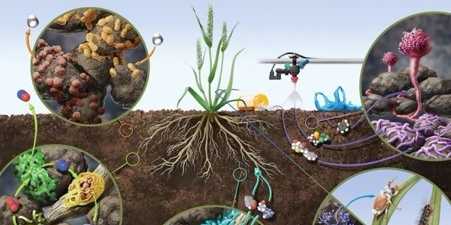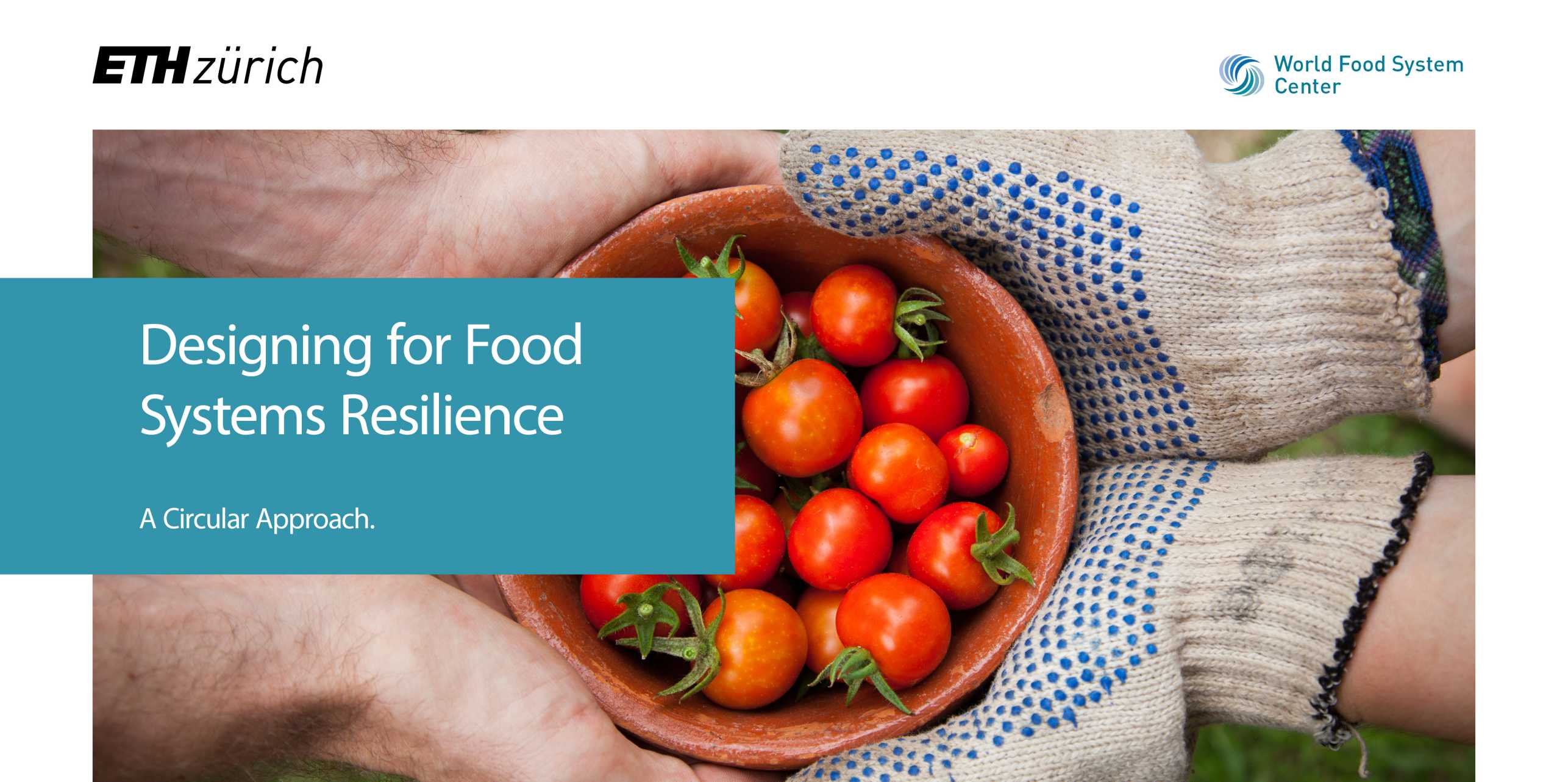Master and PhD classes
Agroecologist without Borders
Fall term MSc class
In the class ‚Agroecologists without borders’ students apply their knowledge on sustainable agriculture, tropical soils and land use to a case study related to a current research project from the Sustainable Agroecosystems group. The seminar offers interactions with researchers and extension specialists working in the context of agricultural development. Students analyze concrete examples of agricultural development projects in tropical agroecosystems, broaden their understanding of environmental and socio-economic challenges of smallholder farmers and learn to articulate complexity and challenges in agricultural development interventions. During the class project, students develop their science communication skills by producing science communication materials in the context of the given case study.

Tropical Cropping Systems, Soils and Livelihoods
Fall term MSc class
‘Tropical cropping systems, soils and livelihoods’ consists of six face-to-face meetings with lectures/ exercises and a two-week field project in Western Kenya in collaboration with the University of Eldoret (Kenya) and KU Leuven (Belgium). The main objective of the class is the interdisciplinary analysis of tropical smallholder farming systems, taking into account biophysical (e.g. cropping systems, tropical soils) and socio-economic aspects (e.g. rural livelihoods) in a field context. The field project includes hands-on training on the use of field methods, diagnostic tools and survey methods and is organized as a collaboration in international student teams (MSc students from Switzerland, Belgium and Kenya).

Biogeochemical Modeling of Agroecosystems
Fall term class for BSc, MSc and PhD students
This class provides an introduction to biogeochemical modeling in the context of agricultural systems. It covers the general background and principles of modeling agricultural biogeochemistry, while the focus is on learning how to develop biogeochemical models in the R software environment. After this course, students are able to (i) critically evaluate different concepts applied in widely used biogeochemical models in an agricultural context, (ii) come up with basic conceptual models to simulate plant growth and carbon cycling in agricultural soils and (iii) write computer codes to convert their conceptual models to numerical models and evaluate model outcomes.

Microbiomics I: The Microbiome of the Plant-Soil System
Spring term class for MSc and PhD students
This class conveys the current knowledge and state-of-the-art methods for studying the plant- soil microbiome through a combination of theoretical input lectures, selected case studies from ongoing research projects, and flipped classroom assignments. In this course, students will develop a fundamental understanding of 1) how microorganisms shape the functioning of the plant-soil system, 2) how ecosystem management and global changes are influencing diversity and functioning of these microbial systems, and 3) how the microbiome might be managed to improve sustainable agricultural production.

Microbiomics II: Metabarcoding – from bioinformatics to statistics
Spring term class for MSc and PhD students
This computer block course provides a thorough introduction to the application of next- generation sequencing techniques for analyzing diversity of microbial communities. Using a combination of theoretical lectures and hands-on computer exercises, the participants learn the computational steps from bioinformatic processing of sequencing reads down to the final statistical evaluations. After the course, the participants will be able to 1) understand the concept, potential and limitation of microbial NGS applications 2) know how to process raw
metabarcoding data to obtain meaningful information 3) use multivariate statistical methods evaluate and visualize microbial community data 4) make informed decisions on best practices for their own data.

Interdisciplinary Project
Spring term MSc class
We contribute to this class by offering projects together with Swiss farmers from the respective focus regions of the ‘Interdisciplinary Project’. In the previous and ongoing classes we have offered projects on “Danube soy” feed in the poultry value chain, aspects of aquaculture systems and hydroponic lettuce production. In this class students work in interdisciplinary teams (MSc students from the study programs “Agroecosystem Sciences Master” and “Food Science Master”) for a duration of one semester on recommendations for specific issues related to Swiss food value chains.

Food Security - from the Global to the Local Dimension
Spring term MSc class
To study food security, one must analyze all four dimensions of it: availability, access, utilization and stability of the food system.
The rapid growth of cities, especially in the developing world is placing enormous demands on urban food supply systems and influences the way we produce food for an increasing global population. Agriculture – including horticulture, livestock, fisheries, forestry, and fodder and milk production – is increasingly spreading to towns and cities. Urban agriculture provides fresh food, generates employment, recycles urban wastes, creates greenbelts, and strengthens cities’ resilience to climate change. 800 million people worldwide practice urban agriculture.
During the course, we will elaborate on the challenges and discuss promising concepts for more and more urbanized food systems.
In 2018, 20 ETH master students participated in an immersive learning experience at the FAO headquarters in Rome. For more info, follow this link.

Summer and Winter Schools
Each Summer, the SAE Group is participating in the World Food Summer Schools “Food systems in Transition”. An intensive program bringing together food systems students from all over the world. Weprovide interdisciplinary classes on Complex Systems, Agroecology and Circularity and use collaborative and playfull methods to display our research.

Professional Short Courses
Designing for Food Systems Resilience: A Circular Approach
In February 2021, we offered a Professional short course with the World Food System Center. In this course, Food Systems professionals learned how to use systemic and transdisciplinary approaches to transform waste into resources, close loops, create shared value and leverage interconnections to design interventions that build resilience. Several research project from our group were displayed, such as RUNRES and Enhancing the resilience of Food Systems. For more info, follow this link.
In February 2022 the course has been given for 34 professionals from 21 countries – follow this link to read more.
The course also offered the chance to connect with like-minded professionals from around the world and engage in interactive and creative skill building opportunities.
